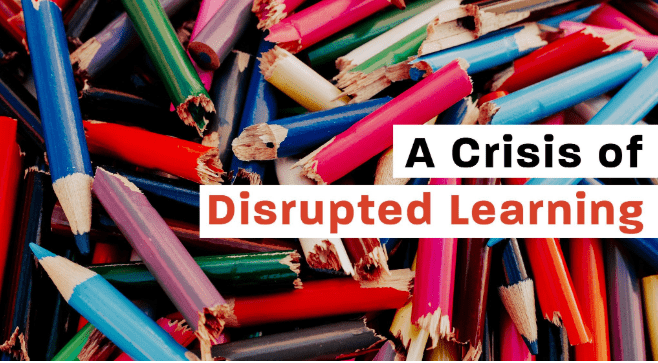Recent news reports and a report released this month from the Oregon Education Association reflect an increasingly pervasive and alarming trend in classrooms: Across the state and at all grade levels, educators, parents, and other child advocates are reporting that incidents of violent behaviors in classrooms are reaching crisis levels, severely compromising the ability of schools to educate children in safe and productive learning environments.
Some in Tears, Educators Say They’ve Reached a Breaking Point at Eugene School Board Meeting
In Eugene, teachers and community members packed a school board meeting in November to ask for more support to address an increase in violent student behaviors. A story by the Register Guard includes this ominous quote from Eugene Education Association president, Tad Shannon: “I don’t think that we’re going to survive the rest of the school year with the way things are now.”
Portland-area Teachers Report that Violent Behavior Has Them Fearing For Students’ and Their Own Safety
KGW-8 has aired an investigative piece that brought together eight Portland-area elementary teachers who spoke frankly about the need for more support to help students and staff respond to a growing number of serious behavioral incidents in their classrooms.
A Crisis of Disrupted Learning
This report from the Oregon Education Association compiles feedback from 14 community forums across the state and an online survey of more than 1,200 educators representing a large majority of Oregon’s 197 school districts.
In addition to confirming that the issue is a problem in classrooms and districts all across the state, the OEA suggests recommended actions at the school, district, and state level. Legislators, they say, must find a way to adequately fund education if we are to meet our goals for student success.
The Early Learning Connection
Though a majority of recent reports on violence and other behavioral issues were in K–12 classrooms, it is important to note that the OEA’s recommendations indicate a need to support children prior to entering grade school.
Specifically, the OEA asks legislators to fully fund Oregon’s early intervention and early childhood special education (EI/ECSE) program and provide more access to high-quality, culturally responsive/appropriate preschool programs, along with full funding of special education at the K–12 level:
“Educators reported that when students had access to high-quality preschool and early education programs, they entered kindergarten more prepared in regards to their social and emotional health and their academics.”
In calling for more intervention and support in the early years before elementary school, the OEA’s findings reflect that of other early childhood experts and advocates, including Children’s Institute.
Resources
Read more about the power of Early Intervention/Early Childhood Special Education.

